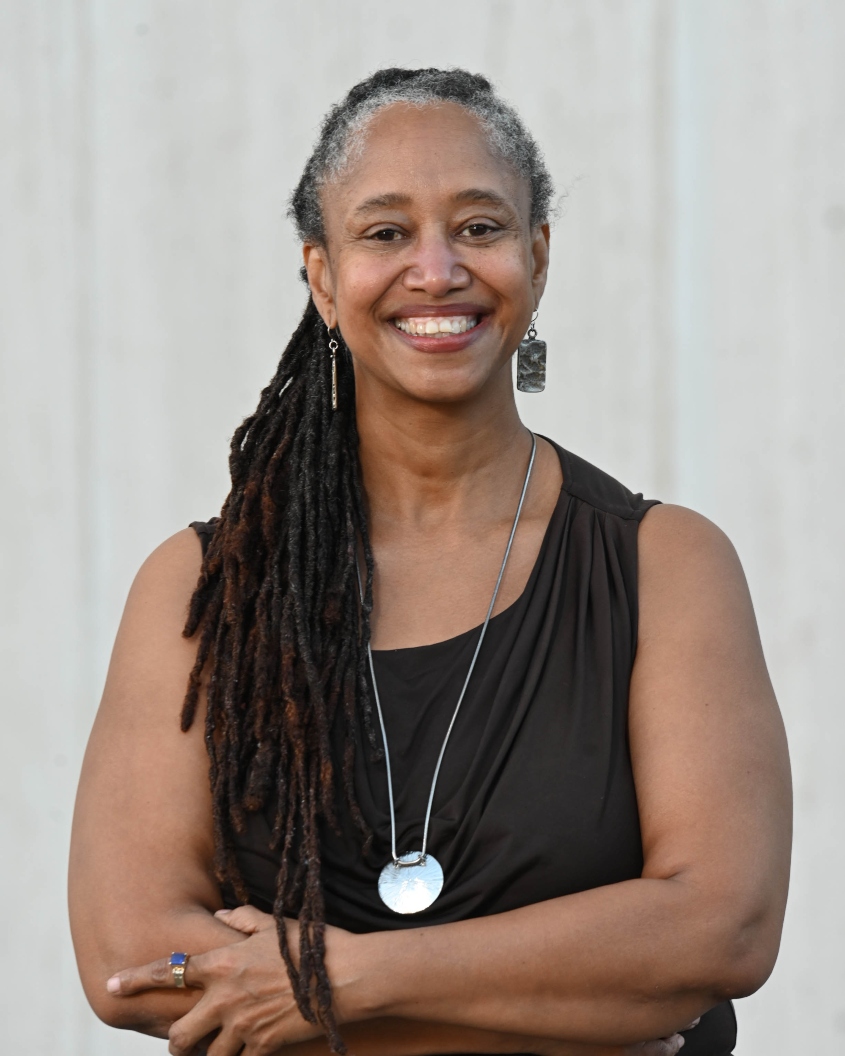There are tangible solutions to solving the high mortality rates among Black mothers during childbirth.
By Dr. Michele Rountree, Photo of Dr. Rountree by Marsha Miller, Featured image by Andrae Ricketts
Serena Williams nearly died of complications after giving birth, reportedly because the health team wasn’t listening to her. With her revelation, she brought to the national forefront how alarmingly poor maternal health outcomes disproportionately impact Black women. Unacceptably, on the national level, Black women die while giving birth and during the postpartum period at a rate four to five times higher than white women. In the state of Texas, Black mothers die at a rate 2.3 times as high. Regardless of factors such as income, education, marital status or other health factors. Markedly, these data points represent preventable familial and community losses of Black mothers. In fact, almost 80% of pregnancy-related deaths are preventable. (Per a state study from the Texas Mortality and Morbidity Task Force.)
In the Lone Star State and nationally, disparate maternal mortality and traumatic birth experiences that disproportionately affect Black mothers across the economic spectrum can change. There are promising opportunities to eliminate this avoidable disparity when investing in equitable maternal health approaches. Subsequently, all mothers positively benefit from such efforts. The vision is for a mother’s maternal health experiences prenatally, at birth and during the postpartem period to be supported and joyful. One in which encounters with institutional racism is not a predictor of negative maternal health outcomes. Through my work with Black Mamas ATX, (aka Black Mamas Community Collective, of which I am the founding mother) we serve Black mothers (who are insured through Medicaid or private insurance) who have experienced preventable traumatic birth experiences.
There are tangible solutions to the high maternal mortality and morbidity rates Black mothers experience.
These are all real solutions within reach. Cultivating the pipeline of Black healthcare professionals. Providing reimbursable doula services. Extending Medicaid coverage for mothers post-pregnancy for a full year. And educating healthcare professionals on the role institutional racism plays as a driver of maternal health disparities .

More Black physicians may improve maternal health outcomes and save mothers’ lives. Research suggests physicians of color are more likely to serve underserved communities. Concurrently, similar cultural backgrounds promote improved communication and trust between physicians and patients. Notably, Texas is one of five states in the U.S. with the greatest shortage of Black medical professionals.
Doulas have played an integral and historical role in providing culturally relevant support for Black mothers since the granny/midwifery period. Research also shows that doula-assisted mothers have fewer birth complications. They are more likely to initiate breastfeeding and are less likely to have low-birth-weight babies.
Training health care professionals on institutional racism and implicit bias has the potential of preventing maternal deaths. They improve responsiveness to Black mothers, thus enhancing the quality of patient-centered care.
What We Can Do Now
Viable, concurrently implemented solutions can address a complex issue from various vantage points. These solutions can alleviate losing Black mothers and the undeniable void families and the community experience. As a Black woman and mother of a nineteen-year-old daughter, my own mother and I have memories of traumatic birth experiences. The hope and efforts of all of us can provide Black mothers giving birth a new generation with equitable institutional responsiveness. Ensure the health and well-being for mother and baby.
Michele A. Rountree, PhD is an associate professor in the Steve Hicks School of Social Work and the founding mother of the Black Mamas Community Collective, aka Black Mamas ATX. This piece is produced for Austin Woman magazine’s Waiting Room. It represents the views of the author. Not of The University of Texas at Austin or the Steve Hicks School of Social Work.

